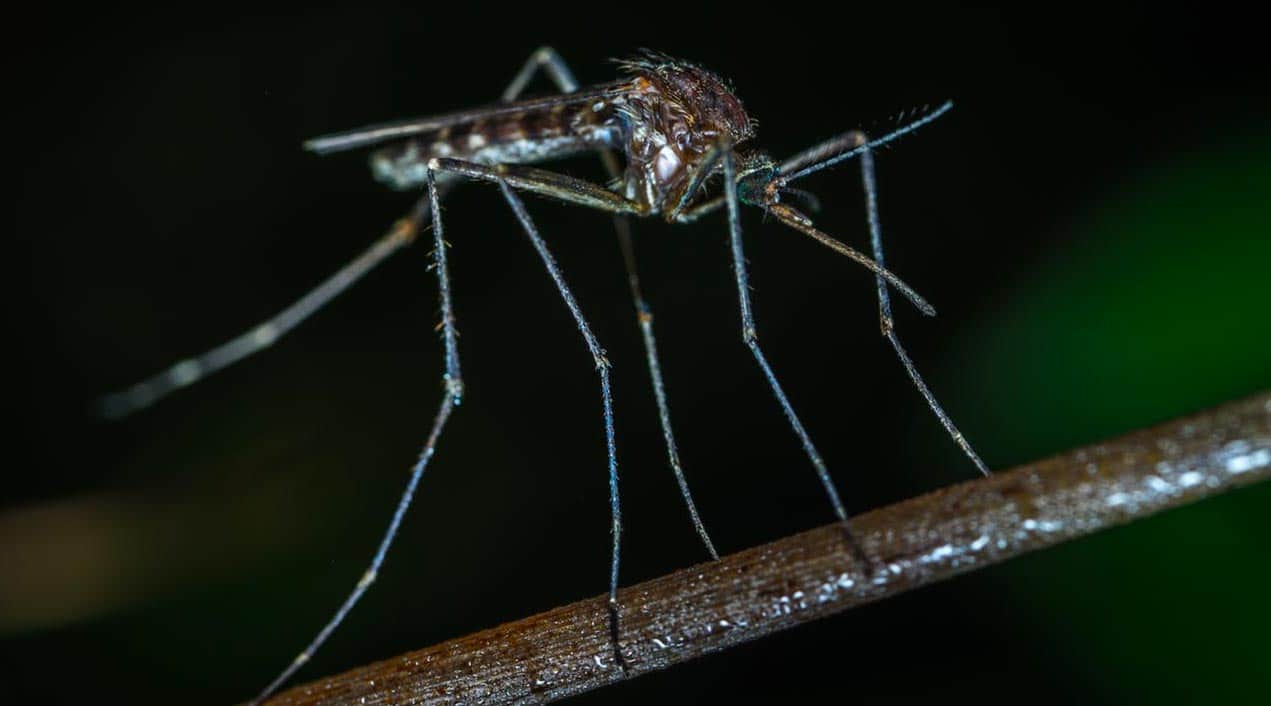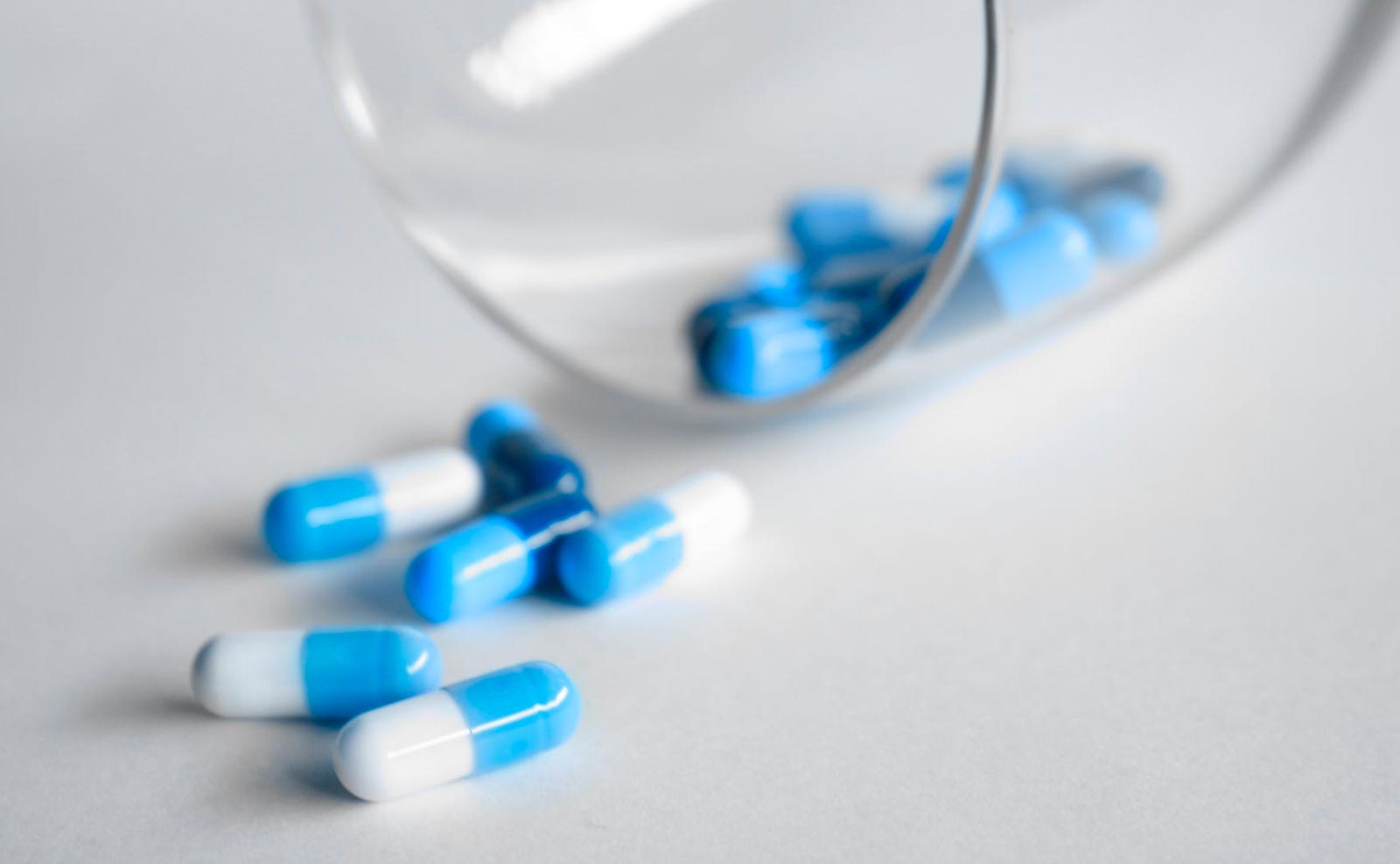
Fast food and pregnancy
A study at the University of Adelaide’s has revealed a link between pre-pregnancy fast food and fruit intake, and the amount of

A study at the University of Adelaide’s has revealed a link between pre-pregnancy fast food and fruit intake, and the amount of

What’s the right amount of time to wait before seeking medical help when trying to conceive?

Several studies have revealed that the age of the man has a significant impact on the effectiveness of IVF treatment.

Over 75% of women will develop fibroids prior to menopause, a factor which may have more of an impact on IVF success

Bed rest after embryo transfers is a subject patients ask about, and one that has been clinically advised without a significant amount

Research presented at ESHRE this week has focused on the significance vitamin D has in the area of reproductive health.

A study presented at ESHRE this week has focused on both Zika and CMV, and the cells that prevent the spread of

Research presented by scientists in the UK have shown a significant association between the developing preimplantation embryo and maternal diet.

Earlier studies have suggested there was a link between ibuprofen and foetal ovarian development, and research revealed at ESHRE offers greater insight.
Every story written here comes from Fertility First's Research Team, a group of scientists that doesn't just talk about the science behind fertility and reproduction, it lives and breathes it. Staffed by the doctors and scientists working behind the scenes at Fertility First, this team of dedicated embryologists, andrologists, and fertility experts collectively has over 40 years experience in the field.
Yes, chronic stress can impact fertility by disrupting hormonal balance and ovulation patterns. Managing stress through relaxation techniques, regular exercise, adequate sleep, and mindfulness practices may help optimise your chances of conception. Consider speaking with a counsellor if stress feels overwhelming.
Sperm health accounts for about 40% of conception challenges. Your partner can improve sperm health by maintaining a healthy weight, avoiding excessive heat exposure (hot tubs, saunas, tight clothing), limiting alcohol, quitting smoking, managing stress, and taking a multivitamin with antioxidants. Sperm takes about 3 months to develop, so lifestyle changes need time to show results.
Your fertile window typically spans 5-6 days, ending on ovulation day. For a regular 28-day cycle, this usually falls between days 10-15, with peak fertility 1-2 days before ovulation. Track your cycle using ovulation predictor kits, basal body temperature, or cervical mucus changes to identify your unique pattern. Having intercourse every 1-2 days during this window optimises your chances.